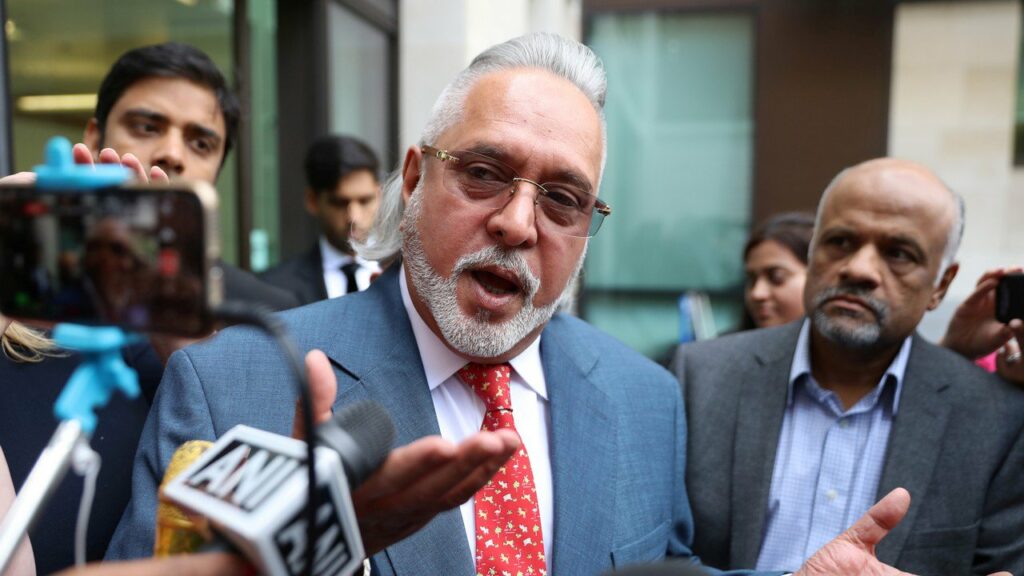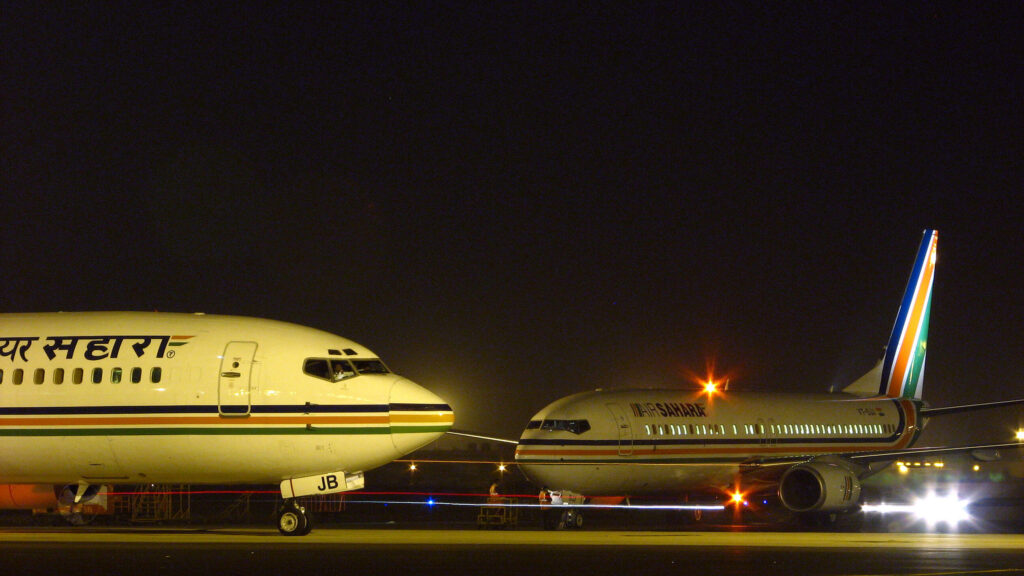The Indian aviation industry has seen significant growth in recent years, providing numerous opportunities for private airlines to launch operations. However, the industry is also highly competitive and unforgiving, with many airlines struggling to sustain their operations due to rising operational costs and intense competition.
The latest Indian airline to face financial turbulence is Go First, a low-cost carrier that filed for bankruptcy in May 2023. The airline blamed Pratt & Whitney engines for grounding around half of its fleet, leading to severe financial woes.
Several other prominent Indian airlines have also ceased operations due to financial difficulties, including Jet Airways, Kingfisher Airlines, Air Costa, ModiLuft, Vayudoot Airlines, Sahara Airlines, Damania Airways, Paramount Airways, MDLR Airlines, Air Pegasus, East-West Airlines, Archana Airways, and Indus Air.
Jet Airways, once India’s largest private airline, was grounded in April 2019 after running out of cash and owing about $2.20 billion to its creditors. Despite being cleared to resume commercial flights in May 2022, the airline’s comeback as Jet 2.0 has been delayed due to differences between its current owners and lenders over the resolution plan.
Kingfisher Airlines, owned by Vijay Mallya, ceased flying in 2012 after posting multiple quarters of losses following a merger with a low-cost carrier airline, Air Deccan. The airline owed its lenders, including the State Bank of India, approximately $1.2 billion. Mallya ultimately fled to the UK to escape creditors.

Air Costa, a grounded regional low-cost air carrier, faced financial troubles that led to a corporate insolvency resolution process ordered by the bankruptcy court in November 2019. The Directorate General of Civil Aviation (DGCA) had suspended the flying license of Air Costa in June 2017, leading to the permanent cessation of operations.
ModiLuft, launched in April 1993 by industrialist SK Modi in technical partnership with the German flag carrier Lufthansa, faced financial difficulties and allegations of non-compliance with funding commitments by Lufthansa, leading to the sale of the entire stake to UK-based Bhupendra Kansagra, who renamed it Royal Airways. The airline remained defunct for a while but retained its license and now operates as SpiceJet.
Vayudoot Airlines, a joint venture between Indian Airlines and Air India, served the country’s northeastern region but faced a major financial crisis due to low occupancy, leading to the cessation of operations in 1997.
Sahara Airlines, later renamed Air Sahara, controlled 12% of India’s domestic flight market at its peak, but its share fell from 11% to 8.5% in 2007. Jet Airways acquired Sahara for $340 million and renamed it JetLite.

Damania Airways, founded in 1993, sold to Ravi Prakash Khemka after the promoters could not sustain operations and rebranded as Skyline NEPC but soon ceased operations due to non-payment of dues.
Paramount Airways, started by M Thiagarajan as an all-business class carrier in 2005, operated on short-haul routes in the southern region and commanded a 26% share of that market. However, it could not sustain operations and had its license canceled in 2010. The Paramount Group office was raided by the CBI in connection with the non-payment of large amounts of bank loans.
MDLR Airlines, founded in 2007, served as a regional airline based in Gurugram, famously remembered for serving only pure vegetarian meals to passengers. Later, it began to miss lease payments and ceased operations in 2009.
Air Pegasus, which commenced operations in 2015, canceled flights indefinitely a year later due to severe cash problems, non-payments to lessors, and maintenance providers.
East-West Airlines, India’s first scheduled private airline after the ‘Open Sky’ policy, ran into financial troubles after its chairman, Thakiyudeen Wahid, was shot dead. It also had legal troubles with a US-based equipment supplier and requested the withdrawal of its license in 1996 when a Delhi High Court judgment went against it.
Archana Airways, a private airline based out of New Delhi, began flying in 1993 to a handful of North Indian cities. However, like other small airlines, it faced financial losses and had to shut down operations in 2000.
Air Deccan, founded by entrepreneur GR Gopinath in 2003, was the first low-cost airline in India with 30-40% lower fares than its competitors. Vijay Mallya, founder of Kingfisher Airlines, expressed interest in the airline and bought it in 2007. It was first rebranded as Simplifly Deccan and then as Kingfisher Red. Air Deccan resumed operations again in 2017, but in April 2020, the airline became the first Indian aviation company to succumb to the coronavirus pandemic, with the airline stopping operations until further notice, and all employees were put on sabbatical without pay.
Air Mantra, started with the intention of serving northern India, ceased operations eight months after its launch in 2013 due to poor bookings.
Indus Air, a regional airline that operated as a full-service airline from mid-December 2006, suspended operations just three months after its commercial launch in 2007, citing financial problems. It was promoted by liquor company Mohan Meakins.
The latest airline to face financial turbulence is GoFirst. Cash-strapped airline Go First surprised its financial creditors, vendors, and aircraft lessors on Tuesday by announcing that it had filed for bankruptcy. This is because the airline is facing a severe financial crisis and is sitting on a massive pile of debt. According to the bankruptcy filing seen by news agency Reuters, the airline’s total liabilities to all creditors stood at Rs 11,463 crore.
In summary, while the Indian aviation sector offers ample opportunities for private carriers to launch operations, it remains an unforgiving space, considering the number of airlines that have ceased operations due to financial difficulties arising out of increased competition and rising operational costs. Many prominent airlines, including Jet Airways and Kingfisher Airlines, have faced financial turbulence and have had to shut down their operations over the years.
















